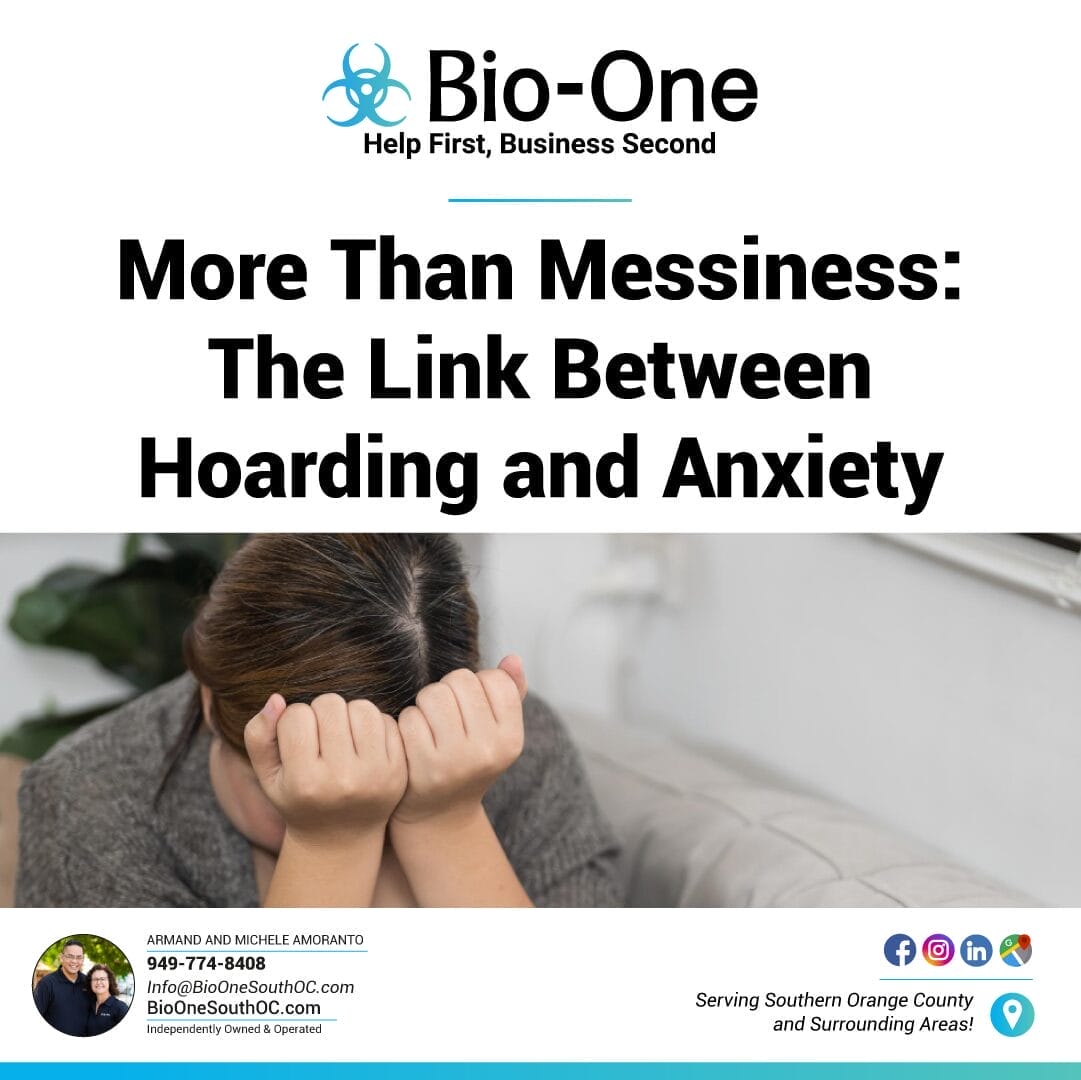
Hoarding Disorder, often sensationalized as 'Hoarding' on television, has a deep-rooted and complex relationship with anxiety that's far more profound than meets the eye. The stacks of newspapers, boxes, and seemingly mundane items that fill an ill environment mask a psychological struggle that is as difficult to live with as it is challenging to treat. In this post, we'll take a look at how hoarding and anxiety intertwine, and what this means for those affected and their loved ones.
As much as hoarding is often viewed as an eccentricity or personality quirk, it falls within a spectrum of related disorders but is classified as a distinct mental health diagnosis. It's characterized by persistent difficulty discarding or parting with possessions, regardless of their actual value, a problem due to a perceived need to save the items, and distress associated with discarding them.
The tell-tale signs of hoarding manifest as an excessive accumulation of items, regardless of their value, and sometimes even in hazardous quantities. The clutter can rob spaces of their intended use, making living conditions unsanitary and unsafe.
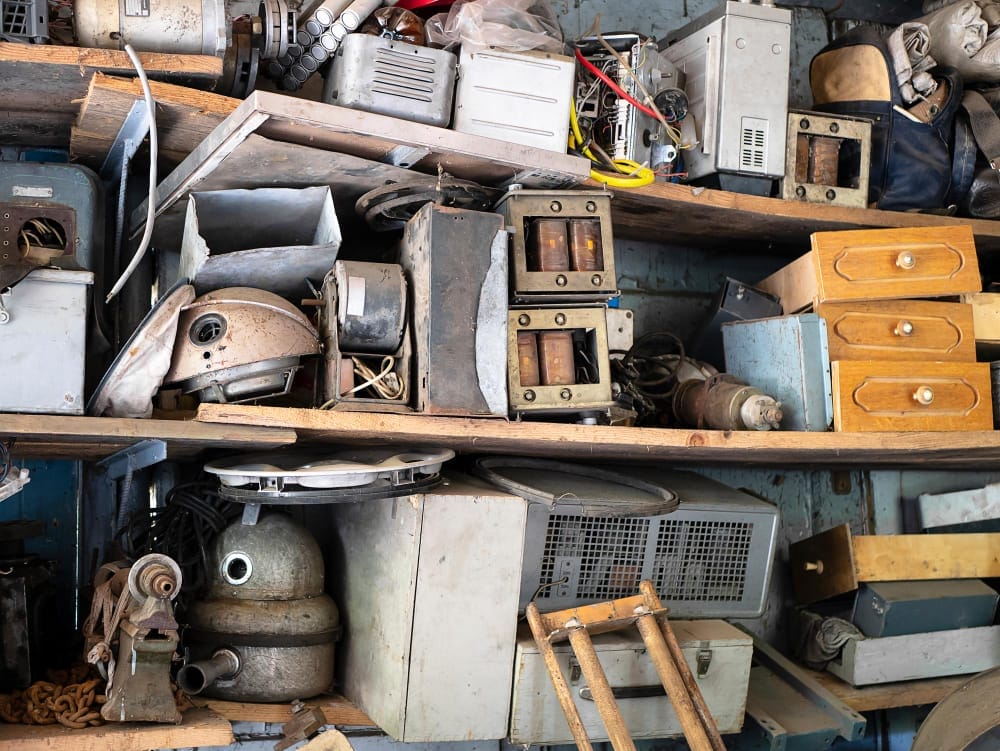
We covered it all in our Bio-One of Oceanside blog: Common Hoarding Symptoms and How to Rejuvenate Your Home!
Hoarding isn't as rare as some might believe. With a prevalence similar to that of obsessive-compulsive disorder (OCD) and depression, it can strike anyone but tends to become problematic in a person's 20s and worsen with age. There is some suggestion that it affects men and women equally, although men are more likely to seek assistance.
Anxiety, at its core, is a fear response to a perceived threat. For hoarders, this threat can take many forms, such as fear of running out of something, the fear of making the wrong choice, or a fear of being wasteful. The items hoarded therefore become a shield, a form of protection against these fears.
Understanding hoarding as a coping mechanism for anxiety helps to humanize the behavior. Those who struggle with hoarding are not simply lazy or untidy, they are using a strategy—albeit a maladaptive one—to manage overwhelming feelings of anxiety.
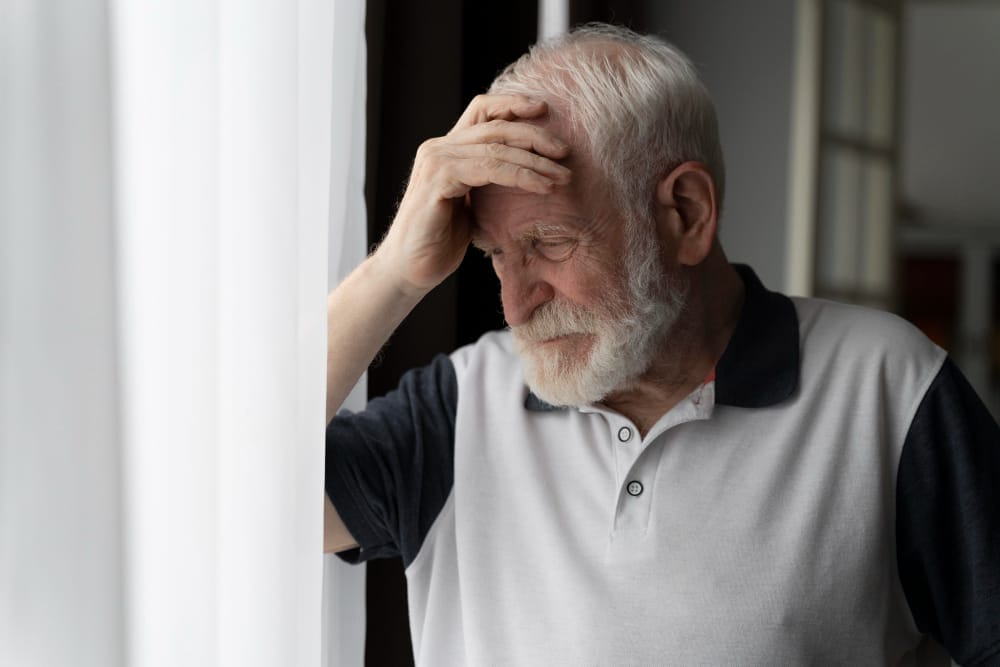
Beyond its face value, hoarding is a serious mental health issue that often coexists with other conditions, such as depression and other anxiety disorders. Many individuals struggling with hoarding also experience a spectrum of mental health challenges ranging from ADHD to mood disorders.
A significant factor in the development of hoarding behavior has proven to be trauma, whether from a single life-altering event or chronic exposure to adverse circumstances.
For some individuals, the hoarding behavior can be traced back to specific traumatic events or a history of neglect. This insight is important in guiding effective interventions.
Recognizing that hoarding is often a response to trauma, a trauma-informed approach to therapy becomes essential. This approach sees the individual as more than just a compilation of symptoms, but as someone who has been shaped by their life experiences.
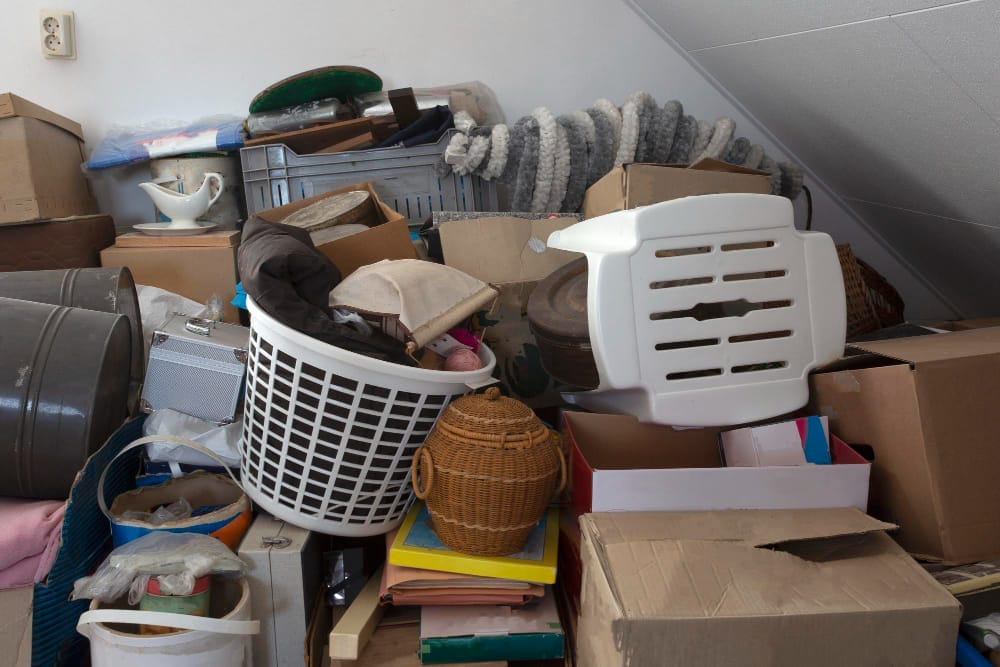
Fortunately, there are a variety of treatments and support resources available for individuals and families.
Support Groups, such as that offered by the International OCD Foundation, can provide individuals with a space to share their experiences and learn from one another.
Professional organizers and therapists specializing in hoarding can provide structured support to help individuals navigate the process of decluttering without overwhelming anxiety.
Involving family members in the treatment process and educational efforts can create more effective and supportive environments for those working to overcome hoarding.
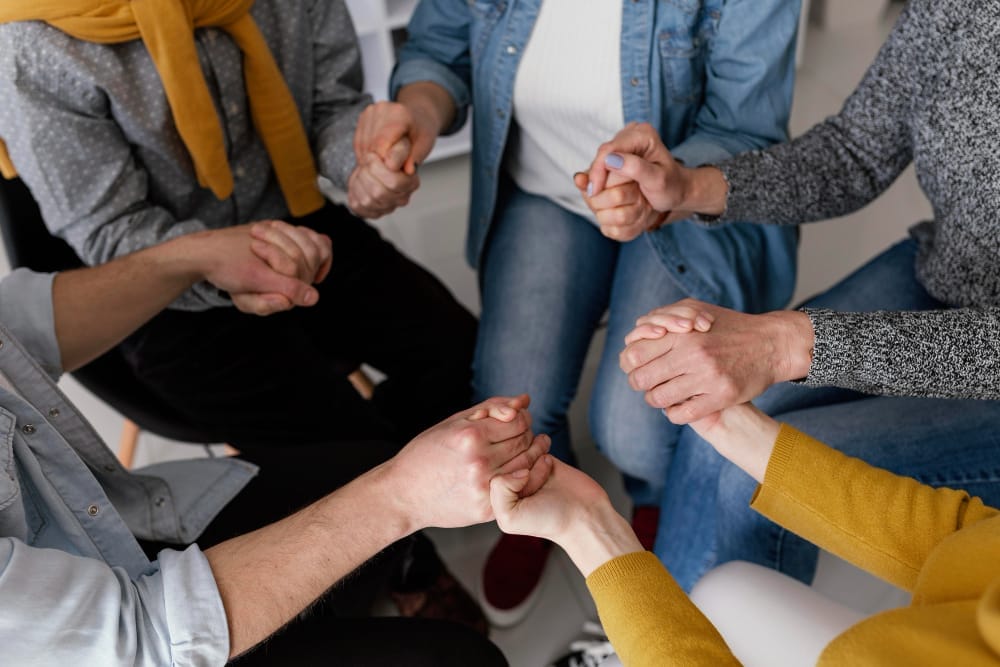
By recognizing the deep-seated connection between hoarding and anxiety, we open the gateway to more empathetic and effective treatment, and an environment where those struggling with hoarding can find the support and understanding they truly deserve.
Bio-One of South OC offers hoarding cleanup services in Southern Orange County. If you or someone you know is struggling with hoarding and the associated anxiety, professional help is available. Don't hesitate to reach out for the support you or your loved one may need.